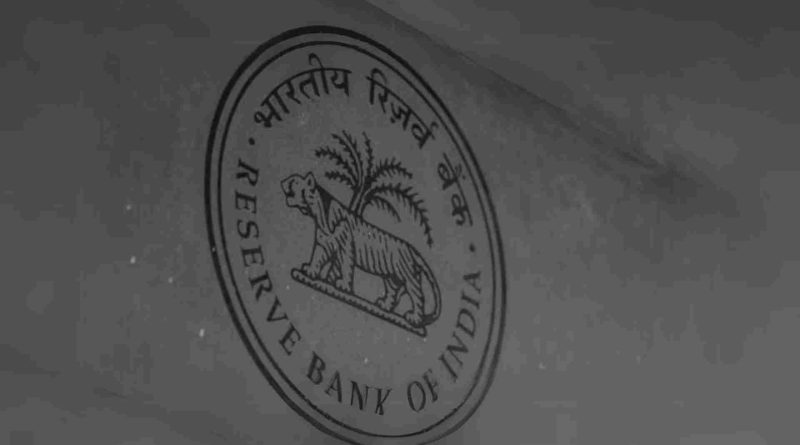RBI’s rupee trade settlement a stride towards global acceptance of rupee: Analysts
Recently, the RBI instructed banks to establish supplementary procedures for invoicing, payment, and settlement of exports/imports in rupee, aiming to bolster global trade with a focus on India’s exports and to accommodate the growing interest in the domestic currency within the global trading community.
Mumbai: The recent decree from the Reserve Bank of India (RBI) permitting cross-border trade dealings in the rupee signifies a timely progression and a move towards the currency’s internationalization, as per analysts. Earlier this month, RBI directed banks to institute additional frameworks for invoicing, payment, and settlement of exports/imports in rupee, with the objective of fostering global trade with an emphasis on India’s exports and supporting the burgeoning interest of the global trading community in the domestic currency.
Addressing a gathering hosted by the IMC Chamber of Commerce and Industry, G Padmanabhan, former Executive Director of RBI, remarked, “For internationalization, a pivotal aspect is the increasing utilization of the currency in trade transactions. This initiative by RBI to implement rupee invoicing is undeniably a step forward in terms of internationalization.”
Radhika Rao, Senior Economist and Executive Director at DBS Bank commented that rupee invoicing will contribute to establishing the rupee’s role as the settlement currency on the global stage.
“This is a very well-timed and decisive move towards eventual internationalization. While the actualization of this goal may range from a few years to a few decades, the timing of this directive has prompted many to conclude swiftly that its implementation is imminent,” she stated.
However, Rao emphasized that the announcement should not be interpreted as an effort to strengthen the rupee.
“This primarily aims at expanding the usage of the rupee rather than influencing its trajectory,” she clarified.
According to the circular, before implementing the rupee invoicing mechanism, Authorized Dealer (AD) banks will need prior approval from the Foreign Exchange Department of RBI.
“The bank from a partner nation may approach an AD bank in India to open a Special INR VOSTRO account. The AD bank will seek approval from the Reserve Bank, furnishing details of the arrangement,” the circular stated.
Padmanabhan pointed out that with this approval process, the central bank aims to monitor whether the accounts are being used for their intended purpose.
“Who is initiating the account? Which nation is initiating the account? What type of transactions are taking place? Initially, RBI intends to monitor the developments. Therefore, this approval process has been established,” he elaborated.

